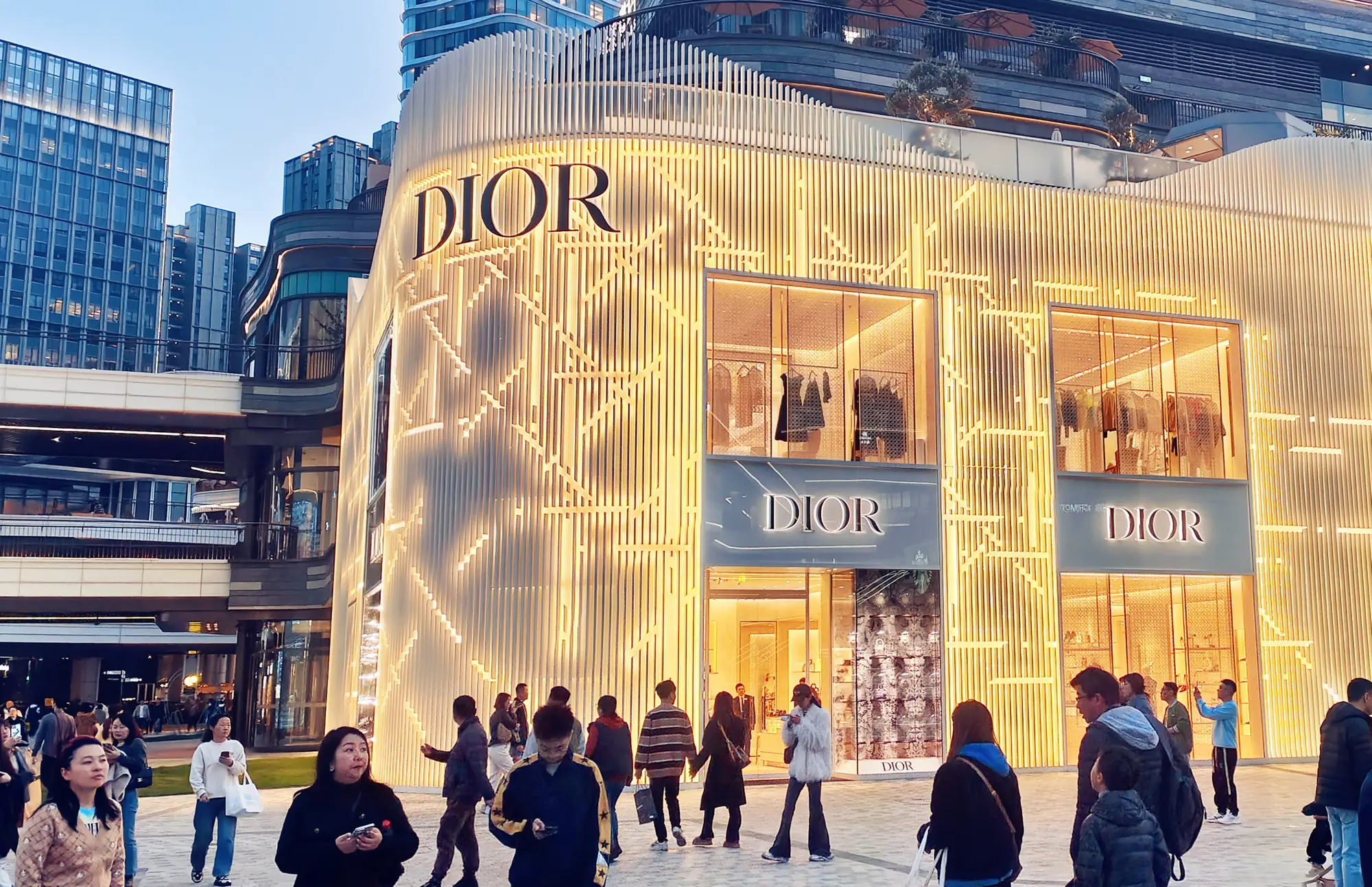Now we know how much it costs to make a $2,800 Dior bag

Italian police raids found Dior was using exploitative suppliers to produce luxury bags.
Two Italian luxury giants pay just a small amount to produce handbags that retail for thousands of dollars, according to documents in a sweeping investigation of subcontractors.
Italian prosecutors in Milan investigated the LVMH subsidiary Dior’s use of third-party suppliers in recent months. Prosecutors said these companies exploited workers to pump out bags for a small fraction of their store price.
Citing documents examined by authorities, Reuters reported last month that Dior paid a supplier $57 to produce bags that retailed for about $2,780. The costs do not include raw materials such as leather.
The relevant unit of Dior didn’t adopt “appropriate measures to check the actual working conditions or the technical capabilities of the contracting companies,” a prosecution document said, according to Reuters.
In probes through March and April, investigators found evidence that workers were sleeping in the facility so bags could be produced around the clock, Reuters reported. They also tracked electricity-consumption data, which showed work was being carried out during nights and holidays, the report said.
The subcontractors were Chinese-owned firms, prosecutors said. They said most of the workers were from China, with two living in the country illegally and another seven working without required documentation.
The probe also said safety devices on gluing and brushing machines were removed so workers could operate them faster.
LVMH didn’t immediately respond to a request for comment from us sent outside regular business hours. Court documents showed that Dior submitted a memo highlighting its supply-chain improvements, The Wall Street Journal reported Tuesday.
The probe also extended to Giorgio Armani contractors, and the luxury company was accused of not properly overseeing its suppliers.
Armani paid contractors $99 per bag for products that sold for more than $1,900 in stores, according to documents seen by Reuters. The company didn’t immediately respond to a request for comment from us.
Judges in Milan have ordered units of both companies to be placed under judicial administration for one year. Reuters reported earlier this year that they’d be allowed to operate during the period.
A regular manufacturing practice
The prosecution said violating labor rules was a common industry practice that luxury giants relied on for higher profits.
“It’s not something sporadic that concerns single production lots, but a generalized and consolidated manufacturing method,” court documents about the decision to place Dior under administration said, according to Reuters.
“The main problem is obviously people being mistreated: applying labor laws, so health and safety, hours, pay,” Fabio Roia, the president of the Milan Court, told Reuters earlier this year. “But there is also another huge problem: the unfair competition that pushes law-abiding firms off the market.”
Last year, LVMH had 2,062 suppliers and subcontractors and undertook 1,725 audits, according to its environmental- and social-responsibility report.
LVMH CEO Bernard Arnault is the world’s third richest person, according to the Bloomberg Billionaires Index. His daughter, Delphine Arnault, is the CEO of Dior.





